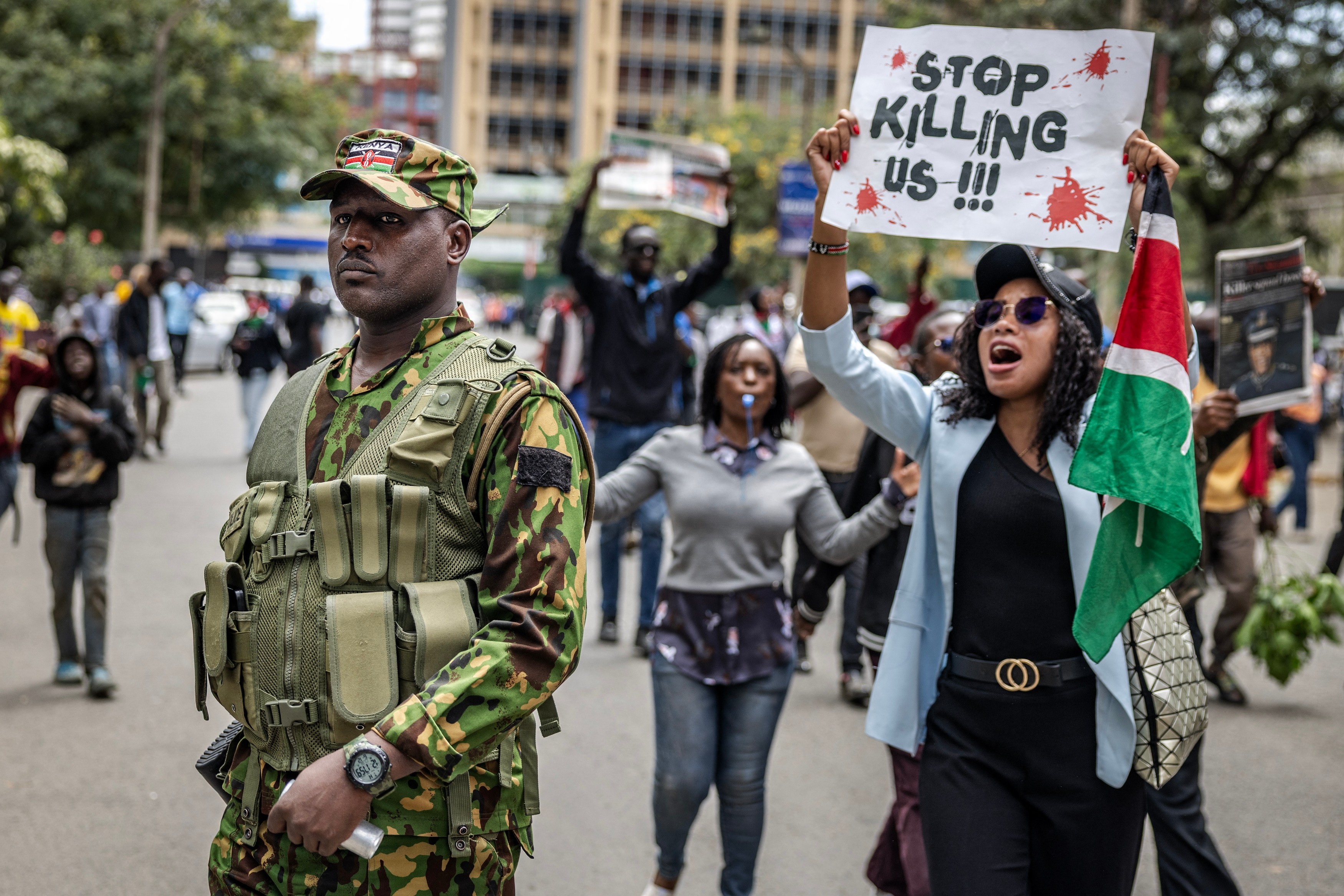
Here are Four Reasons Why Ruto’s Affordable Housing Plan Will Fail
President William Ruto (most likely intentionally) misdiagnosed the problem of informal settlements. Slums don’t exist because there are no houses. They exist because of income issues. Most people who live in informal settlements are casual laborers who work in the nearby industrial area. To assume that these people live in mabati shacks because there are no houses is the highest form of ignorance.
There is no shortage of houses – only a shortage of income
There’s no shortage of vacant, decent houses in Mukuru, Pipeline, Umoja, Embakasi, and the larger Eastlands area. And it’s not like the Mukuru people don’t know these houses exist. But the majority of them earn too little to afford them. Informal settlements become their preferred choice because they offer more than just a house; they provide a sense of community, a credit line, reliable essential services from cartels, and a place to breathe. When tragedy strikes, people band together in these informal settlements without a care for where one is from. One’s tribe, religion, sex, or age doesn’t matter because they are bound together by something stronger—community.
For example, someone lives in a Kshs 2,000 single-room house in Mukuru. But their neighbor runs a shop, so they can get goods on credit. Electricity is connected illegally through slum barons, and they pay less than you and me. The same cartels provide water daily without fail. They are more efficient than the government agency mandated to provide water.
Add all the social capital of friendship, connections, and emotional support in informal settlements. You can’t uproot people from their ecosystem and hope that you can transfer it into the vertical concrete jungle being launched in Mukuru.
It will not benefit the intended people
The priority for the people who were to get these houses should have been those evicted from their homes. But unless you are a visitor in Kenya, I can assure you that the people receiving their keys are most likely not the real beneficiaries. These are the faces of the real cartels made up of elected leaders, government officials, slum barons, and the NGO industrial complex. They will take these houses and rent them to outsiders who aren’t from Mukuru or the other five informal settlements—Kwa Kyaba, Kwa Reuben, Viwandani, and Mariguini—in the area.
How many people from Mukuru can pay Kshs 3,900 for 30 years to own these houses, yet most of them are casual laborers? You’ve not even factored in the service charge to maintain the lifts, the compound, and the amenities around the area. This tells you who the real beneficiaries of the project are—and it’s not the ones who truly need the houses.
Slum upgrading programs have failed before because of this same thinking
As shown in previous slum upgrading programs (Majengo, Kibra, etc.), if you don’t fix these people’s money issues (i.e., decent jobs), slums will not end. The very same people moving into these houses will sell them to the few wealthy minorities and go back to their mabati houses. Also, globally—check out Pruitt-Igoe in the US—this is a failed top-down, tender-driven attempt to fix an economic issue with ugly concrete boxes. Only the rich tenderpreneurs benefit from this affordable housing scam!
It’s tender-centered instead of people-centered
But because Ruto doesn’t care about fixing the underlying causes of informal settlements, he is selfishly taking advantage of these stories to enrich a few of his friends. Let’s admit it—the affordable housing project is designed to benefit tenderpreneurs: suppliers of building materials like concrete, cement, steel, plumbing materials, iron sheets, etc. These are the people who financed his elections, and he owes them. President William Ruto doesn’t care about the lives of people living in informal settlements. If he cared, he would have provided decent jobs—and that, in turn, would have eradicated informal settlements.
We must move our politics from tender-centered to people-centered. I don’t think it’s morally right to use people’s poverty to enrich a few elites—unless it’s an innovation that can be profitable and change the lives of ordinary people. But to raid people’s payslips (especially those who shoulder the weight of the bottom pyramid through black tax) and use the money to wrongly diagnose the problem is the highest form of insensitivity.


